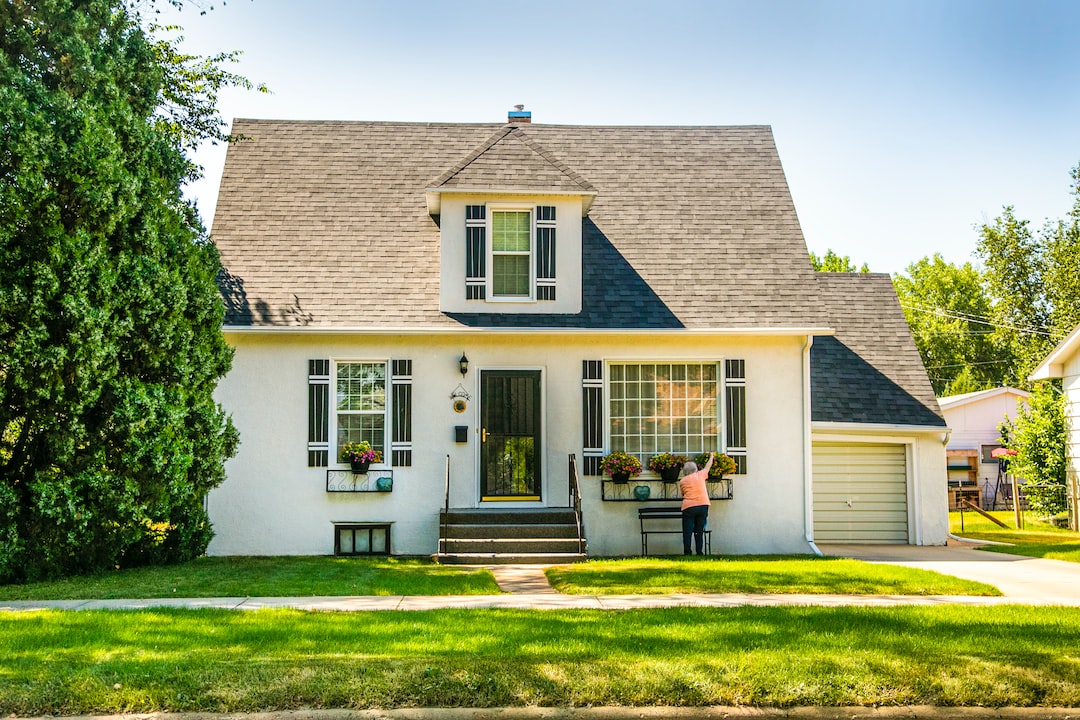Are you considering buying a fixer-upper home? The allure of these properties is undeniable, as they often come with a lower price tag and the opportunity to customize the space to fit your unique style. However, it is important to understand the pros and cons of fixer-upper homes before making such a commitment.
One significant advantage of purchasing a fixer-upper home is the potential for financial savings. Generally, these properties are priced lower than move-in ready homes, allowing buyers to secure a larger property or a desirable location that might have otherwise been unattainable. In addition, by putting in some sweat equity, homeowners can increase the value of their investment significantly. Renovating a fixer-upper can be an excellent way to build equity and potentially make a profit if you decide to sell in the future.
Another advantage of a fixer-upper home is the opportunity to create a space that is customized to your specific tastes and needs. You can choose the colors, materials, and finishes that reflect your personality and lifestyle. Fixer-upper homes often have a unique charm and character that is not commonly found in newer, cookie-cutter houses. Renovating a fixer-upper allows you to put your personal stamp on the property and create a home that truly feels like your own.
However, it is essential to acknowledge the potential challenges and drawbacks of fixer-upper homes. One significant disadvantage is the need for extensive repairs and renovations. This can be time-consuming and costly, potentially exceeding your budget or requiring unforeseen expenditures. It is crucial to thoroughly assess the property’s condition and create a realistic budget before taking the plunge. Additionally, renovations can be disruptive to daily life, especially if you have to live in the home during the process.
Another drawback of fixer-upper homes is the presence of unknown issues that may arise. Hidden problems such as mold, structural damage, or outdated electrical systems can be costly and time-consuming to address. It is vital to conduct thorough inspections and work with professionals to ensure all necessary repairs are identified and properly addressed.
Finally, it may be challenging to secure financing for a fixer-upper property. Many lenders are hesitant to provide loans for homes that are not move-in ready. However, there are specialized renovation loans available that can help fund the purchase and renovations of a fixer-upper home.
In conclusion, fixer-upper homes offer both pros and cons to potential buyers. The financial savings, customization opportunities, and potential for increased property value are strong advantages. However, the need for extensive repairs, potential hidden issues, and difficulty in securing financing are important considerations. Before purchasing a fixer-upper, it is crucial to carefully evaluate your budget, resources, and willingness to take on the challenges that come with renovating a home. With proper planning and realistic expectations, a fixer-upper can become a worthwhile and rewarding investment.
